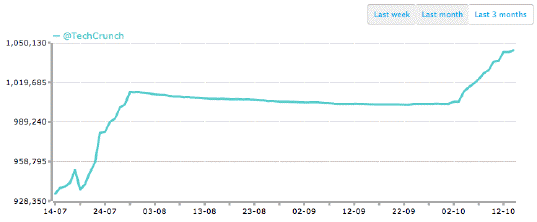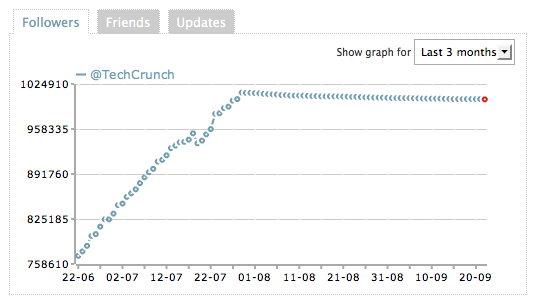
|
|||||||||||||||||||||||||||||||||||||||||||||||||||||
|
What I've learned about Hyperlocal First, the news -- InBerkeley.com is coming to an end. Other projects are consuming more of my time. And in the last couple of months, family stuff has taken me away from Berkeley, and I'm not sure where my attention will be in the future. So a big part of my decision to move on is personal. But I've also learned why sites that we're calling "hyperlocal" are difficult, and why I failed to get the site to grow the way I hoped it would. I thought we could apply the same approach that worked in bootstrapping weblogs, RSS and podcasting for a local site. One or two people start writing about their personal experiences. A small audience develops. Debates, discussions follow. More perspectives. At every step you invite people to participate. You always ask for the people who used to be called the audience to become full participants. That's how the idea scales. As I said, it worked for blogging and related technologies. Instead, what happened at InBerkeley.com is that the people thought we were running a news organization, and they did stories the way reporters do them. That can't possibly work, imho -- for the same reason the news industry is in crisis. An example. Suppose you're writing a story about a parade on Shattuck Ave at noon and you don't happen to be there, you just heard about it from a friend, but feel you have enough information to write a story. Now you want a picture for the story -- in fact, you think that without a picture you can't run the story. The reporter will hold it, but the blogger runs it anyway, and at the end asks if anyone has a picture. It's that little difference that makes the hyperlocal idea scale, and it's what my colleagues at InBerkeley were unwilling to do. Instead, we got in trouble, twice, for taking copyrighted material from other sites. The first time it happened, I apologized, and nothing terrible happened. The second time, I decided we had to shut the site down, because we were doing it totally wrong. I want to stress, this is my opinion, but as one of the founders, it's my reputation that's out there. I didn't think what we were doing was noble, or even very good. Not something I was prepared to stand behind. Further, I was sure that at some point I would be giving a talk and there would be a reporter in the crowd who would ask how news can reboot if it's dependent on scarfing copyrighted work from pros. Now if I get asked the question I can say I think it's possible, but we failed to prove it at InBerkeley.com. And I'll be telling the truth. The other people at the site, including my former partner Lance Knobel, are going to start a new site, and I wish them the best. It's possible at some point I may even contribute, if they want my contribution. The next couple of batches of uploads at my Dad's memorial site. On September 22, I wrote a piece that showed a correlation between the number of followers a tech news site gets, and its position on Twitter's Suggested Users List. One of the two sites used in the example, TechCrunch, had been removed from the SUL in July after running a story based on leaked information about Twitter. This is a followup to the Sept 22 piece. TechCrunch is once again on the SUL, and once again their follower count is going up. Here's a screen shot of their new 3-month graph on TwitterCounter: Compare this to the snapshot taken a month ago:
Not much doubt that the SUL is what's driving new followers to TechCrunch. |
My Projects
"The protoblogger." - NY Times.
"The father of modern-day content distribution." - PC World.
One of BusinessWeek's 25 Most Influential People on the Web. "Helped popularize blogging, podcasting and RSS." - Time.
"The father of blogging and RSS." - BBC.
"RSS was born in 1997 out of the confluence of Dave Winer's 'Really Simple Syndication' technology, used to push out blog updates, and Netscape's 'Rich Site Summary', which allowed users to create custom Netscape home pages with regularly updated data flows." - Tim O'Reilly.
My most recent trivia on Twitter. On This Day In: 2008 2007 2006 2005 2004 2003 2002 2001 2000 1999 1998 1997. |
||||||||||||||||||||||||||||||||||||||||||||||||||||
|
© Copyright 1997-2009 Dave Winer. Previous / Next |
|||||||||||||||||||||||||||||||||||||||||||||||||||||



